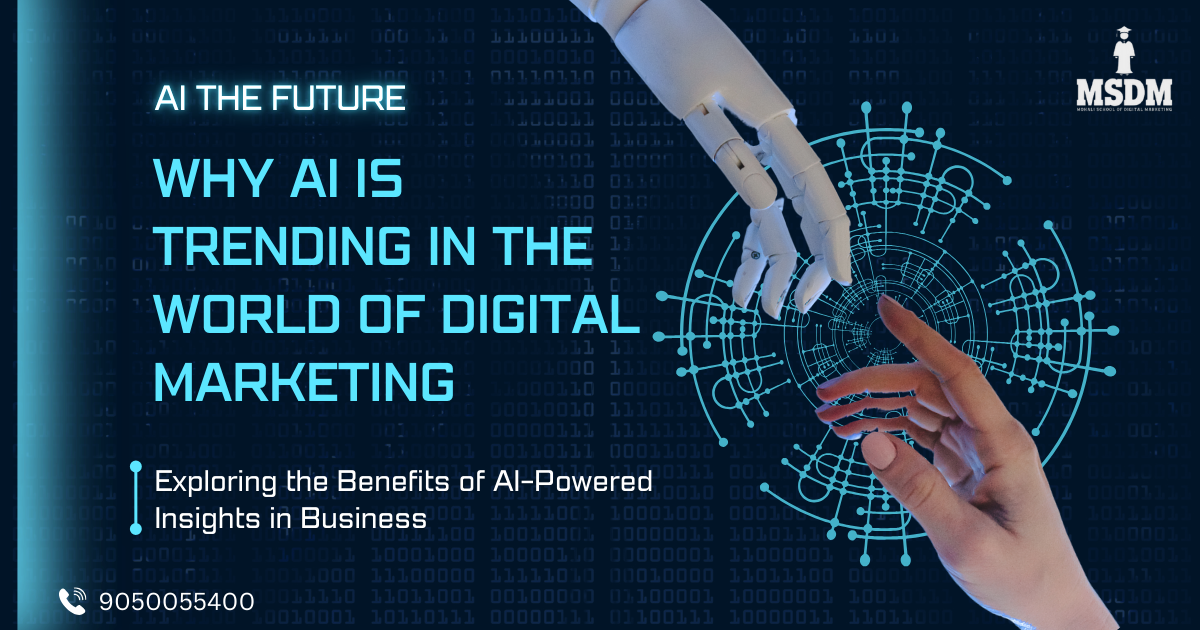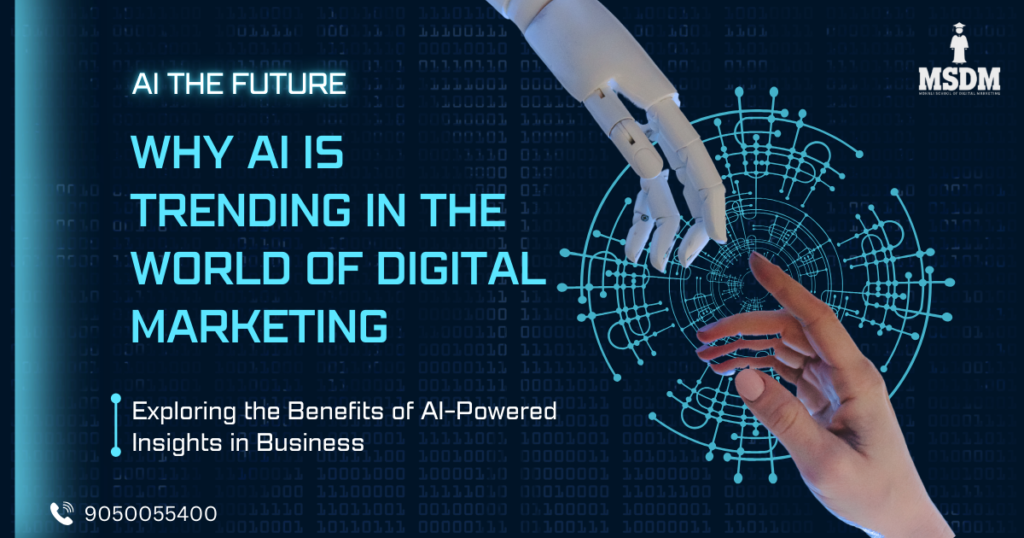Introduction
AI in digital marketing is gaining momentum because it revolutionizes how businesses approach their marketing strategies. AI marketing involves the use of artificial intelligence technologies to transform traditional marketing methods, streamlining and automating tasks that were once manual. These tasks range from data analysis and customer segmentation to content creation and campaign management.
This shift from conventional digital marketing to AI-powered marketing signifies a significant change in how businesses engage with their audiences and refine their strategies. Unlike traditional approaches that rely on fixed methods and broad targeting, AI in digital marketing leverages advanced algorithms and data-driven insights to fine-tune campaigns on the fly. This capability allows for real-time personalization and optimization, ensuring that marketing efforts are not only more efficient but also more impactful.

Challenges in Leveraging AI for Digital Marketing
While AI offers numerous benefits, integrating it into marketing strategies comes with challenges. Here are some key obstacles businesses face when implementing AI:
- High Costs and Resource Investment: Implementing AI solutions demands significant investment in infrastructure and workforce training, which can be a substantial barrier for many organizations.
- Difficulty in Capturing Human Nuance: AI systems often struggle to accurately interpret subtle human emotions and cultural nuances, potentially leading to less effective personalization in marketing communications.
- Data Privacy and Security Concerns: As AI heavily relies on data, ensuring the privacy and security of customer information is crucial, especially with increasingly stringent data protection regulations.
- Risk of Losing the Human Touch: Over-reliance on AI could reduce the human element in customer interactions, potentially diminishing the authenticity and emotional connection vital for customer engagement.
- Limited Creativity in AI-Generated Content: While AI can generate content quickly, it may lack the creativity, originality, and emotional depth of human-generated content, leading to less compelling marketing messages.
- Need for Continuous Updates and Optimization: AI models require ongoing updates and fine-tuning to keep pace with evolving consumer behaviors and market trends, which can be resource-intensive.
- Complex Integration with Existing Systems: Integrating AI into existing marketing tools and workflows is often complex and time-consuming, requiring careful planning and execution to ensure a seamless transition.
AI in digital marketing is fundamentally transforming the industry, introducing new levels of efficiency, personalization, and creativity:
- Eliminating Repetitive Tasks: AI in digital marketing automates routine tasks like scheduling social media posts and analyzing vast datasets, freeing marketers to focus on creative strategies and innovative campaigns. This automation allows for more dynamic and impactful marketing efforts.
- Hyper-Personalized Content: By closely analyzing user behavior, AI in digital marketing customizes content and advertisements to match individual preferences, ensuring that consumers only see what truly interests them. This level of personalization makes marketing not just relevant, but also deeply engaging.
- Predictive Analytics for Future Insights: AI in digital marketing offers predictive capabilities that allow marketers to forecast trends and customer behaviors with remarkable accuracy. By leveraging historical data, businesses can anticipate consumer needs and adjust their strategies proactively, staying ahead of the competition.
- AI-Powered Chatbots for Superior Customer Interaction: AI-driven chatbots, a key element of AI in digital marketing, serve as tireless virtual assistants available around the clock to handle inquiries, provide support, and even process transactions. This enhances the customer experience while freeing human teams to tackle more complex challenges.
- Smarter Content Creation and Strategy Optimization: AI in digital marketing is revolutionizing content creation by generating tailored, high-quality material that resonates with specific audiences. Beyond creation, AI also scrutinizes content performance, offering actionable insights to fine-tune strategies for greater engagement and reach.
- Precision in Influencer Marketing: Identifying the right influencers is no longer a guessing game. AI in digital marketing dives deep into social media analytics to pinpoint micro-influencers who genuinely align with a brand’s ethos and connect with highly engaged audiences, ensuring more authentic and effective influencer partnerships.
CONCLUSION
In these ways, AI in digital marketing is not just enhancing the industry—it’s reshaping its very fabric, fostering a new era of strategic, personalized, and data-driven marketing. If you want to get in-depth knowledge of artificial intelligence, you can enroll yourself at MSDM.

